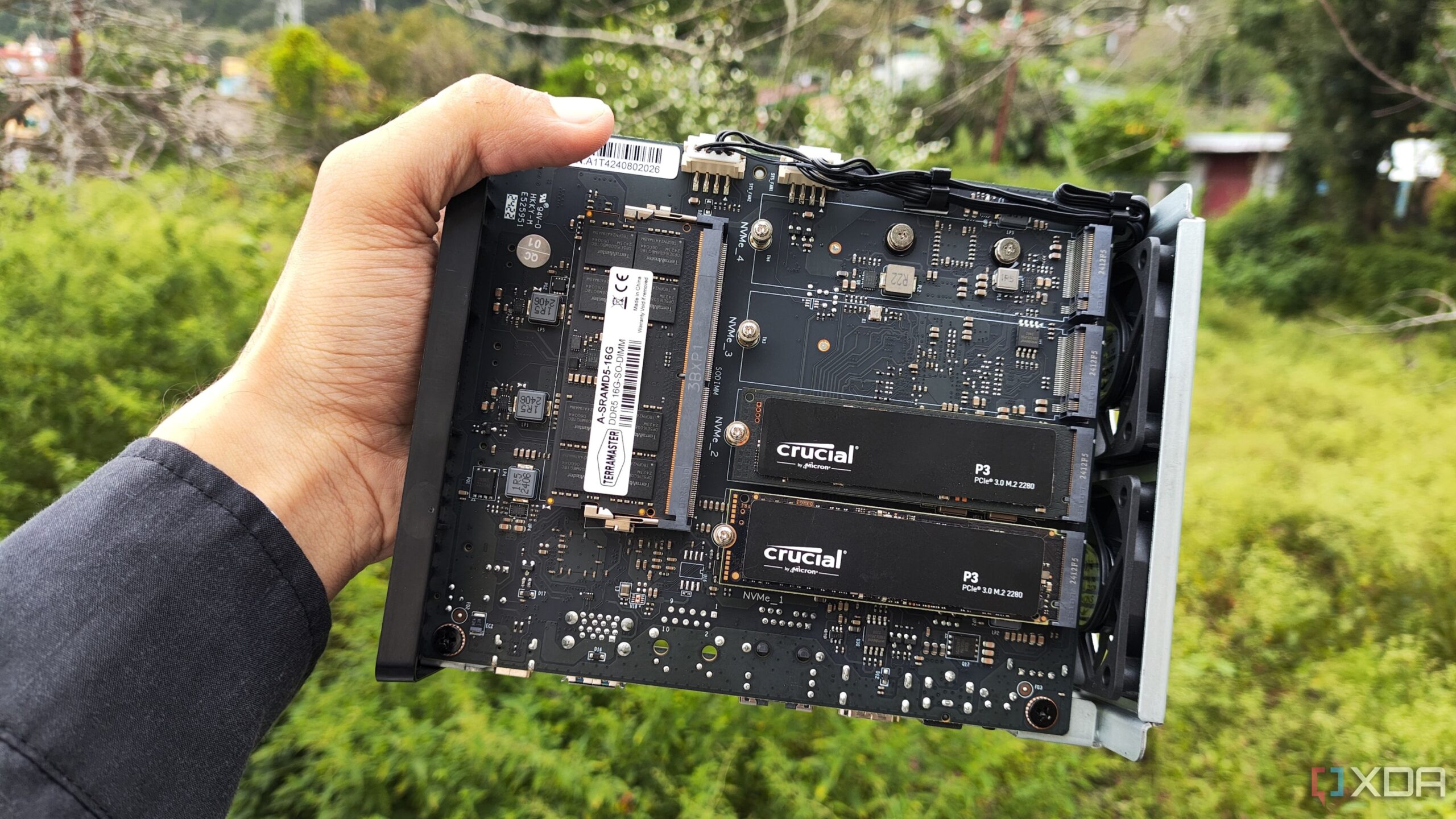URGENT UPDATE: SSD caching technology is transforming data access speeds for NAS users as of October 2023. With SSDs rapidly replacing traditional hard drives, the implementation of SSD caching could significantly enhance system performance, especially for those running multiple hard drives.
New reports confirm that SSD caching uses flash storage to store frequently accessed data, enabling faster retrieval times. This means that when data is requested, the system first checks the RAM, followed by the SSD cache. If the data is found, it’s termed a “cache hit,” while a “cache miss” leads the system to retrieve the information from slower primary storage.
The implications are profound for users of Network Attached Storage (NAS) systems. By integrating an SSD as a cache, performance can surge, particularly for memory-intensive tasks such as file transfers, virtual machines, and data backups. These improvements can happen almost instantly upon configuration, making it a game-changer for those still relying on traditional hard drives.
WHAT THIS MEANS FOR USERS: Most desktop PCs equipped with NVMe SSDs may not see much benefit from SSD caching due to existing high speeds. However, NAS and home server setups can capitalize on this technology to achieve unprecedented responsiveness.
Setting up SSD caching is straightforward: simply add an unallocated SSD to your existing storage pool. Users can effortlessly configure this through their NAS operating systems, such as TrueNAS, by directing the wizard to the chosen SSD. There’s no need for data migration, allowing a seamless transition to enhanced performance.
TAKEAWAY: While SSD caching is not the best solution for high-speed gaming PCs, where RAM upgrades or CPU enhancements yield greater performance gains, NAS users should take immediate action to implement this feature. The difference in performance can be substantial, keeping systems responsive and efficient.
As this technology continues to evolve, expect SSD caching to become a standard recommendation for NAS configuration, making it crucial for users to stay informed.
Stay tuned for more updates on this developing story, and consider sharing this news with fellow NAS users who could benefit from this significant performance boost!
